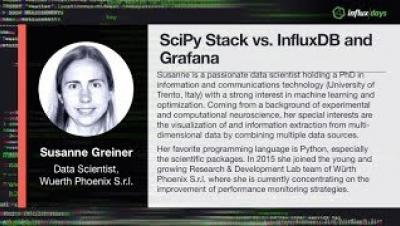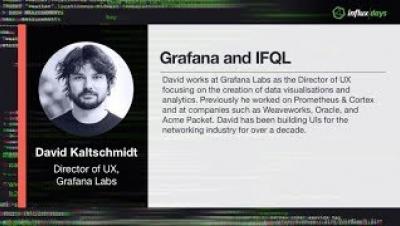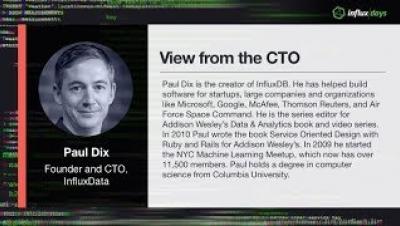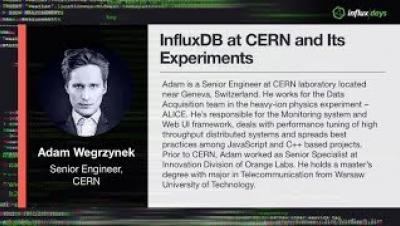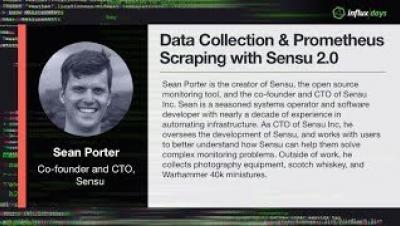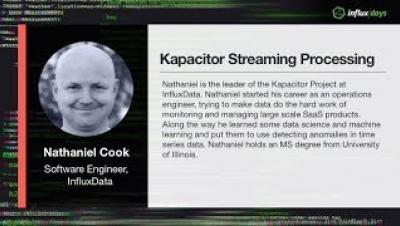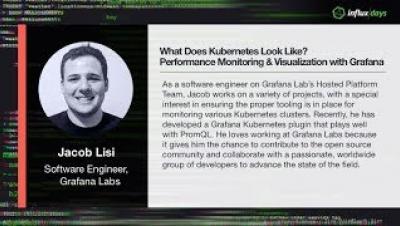SCIPY STACK VS. INFLUXDB AND GRAFANA
Scientific python programmers adore Pandas due to its many functionalities. In particular, for data manipulation and analysis it offers handy data structures and operations for numerical tables and time series. Combined with the rest of the SciPy stack and scikit-learn (e.g. for Machine Learning Analysis), multiple goals can be achieved. When it comes to on-line data analysis, interaction, or simple data navigation by multiple users, the SciPy stack can be stressed to its limits.


